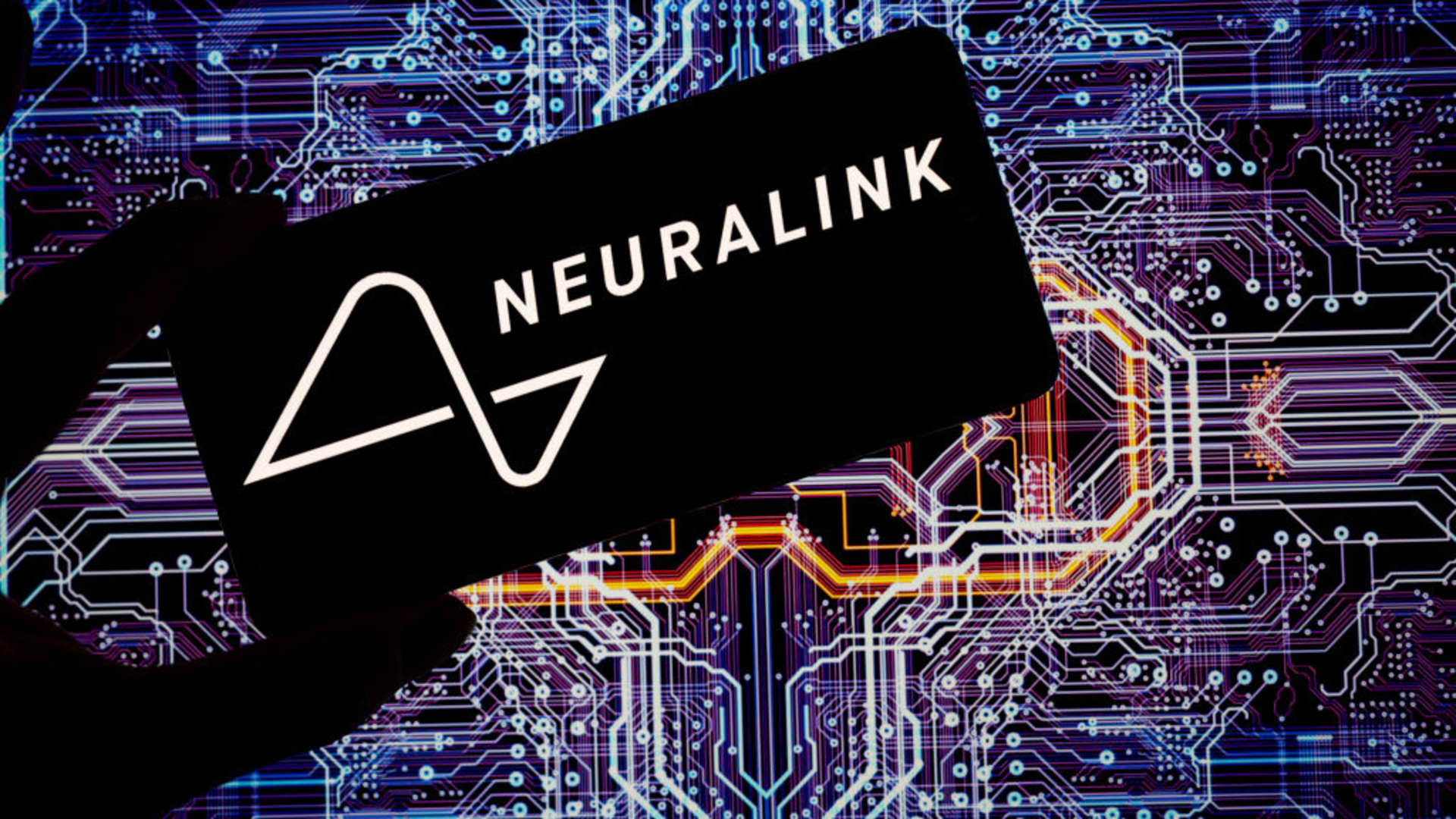Jonathan Raa | Nurphoto | Getty Images Elon Musk 's startup Neuralink on Wednesday said part of its brain implant malfunctioned after it implanted the system in a human patient for the first time. Neuralink has built a brain-computer interface, or a BCI, that could eventually help patients with paralysis control external technology using only their minds. The company's system, called the Link, records neural signals using 1,024 electrodes across 64 "threads" that are thinner than a human hair, according to its website .
In January, Neuralink implanted the device in a 29-year-old patient named Noland Arbaugh as part of a study to test its safety. The company streamed a live video with Arbaugh as he used the BCI in March, and Neuralink said in an April blog post that the surgery went "extremely well." But in the weeks following the procedure, a number of threads retracted from Arbaugh's brain, Neuralink said in a blog post Wednesday.

This meant there were fewer effective electrodes, which inhibited the company's ability to measure the Link's speed and accuracy. Neuralink did not disclose how many threads retracted from the tissue. The company did not immediately respond to CNBC's request for comment.
As a workaround, Neuralink said it modified the recording algorithm, enhanced the user interface and worked to improve techniques for translating signals into cursor movements, the blog post said. Neuralink reportedly considered removing the implant, but the problem hasn't posed a .






















